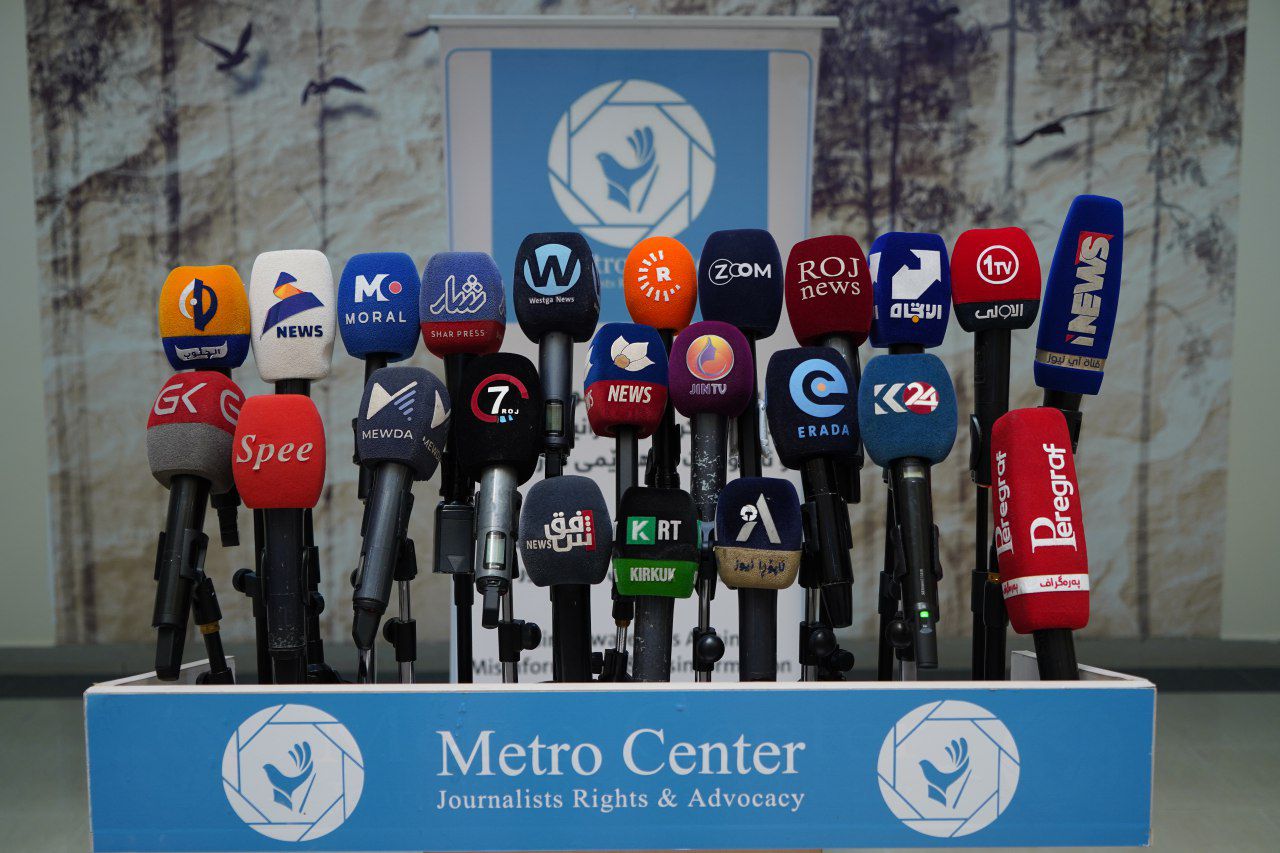Kurdistan Region’s Media Under Siege: Alarming State of Press Freedoms in 2024
SULAYMANIYAH , Iraq — The Metro Center for Journalists’ Rights and Advocacy released a scathing indictment of the state of press freedoms in the Kurdistan Region of Iraq on January 18, 2025, documenting 182 violations against journalists in 2024.
Describing the year as a “harrowing ordeal” for journalists, the report highlighted killings, assaults, threats, and legal harassment in a region increasingly hostile to independent journalism.
A Grim Year for Journalists
“Last year, we recorded 182 violations targeting 176 journalists and media outlets,” said Metro Center Coordinator Rahman Gharib at a conference in Sulaymaniyah. Among these were the killings of three journalists in Turkish drone strikes, 24 arbitrary arrests without warrants, and numerous lawsuits weaponized against reporters for their social media posts.
The report painted a bleak picture: journalists going missing, enduring physical assaults, and facing public humiliation for simply doing their jobs. Women in media were not spared, with several subjected to threats and violence. At least 103 journalists were obstructed from covering events, six media outlets suffered cyberattacks, and equipment at two organizations was destroyed. Meanwhile, terrestrial broadcasting for several channels was suspended, and others were forcibly shut down.
Government Complicity in Media Suppression
The Metro Center’s findings expose systemic failures by the Kurdistan Regional Government (KRG) to uphold the basic rights of journalists. The report accused the government of obstructing access to information and fostering a culture of fear and censorship.
Although the government repealed the restrictive Instruction No. 1 of 2023, which had imposed draconian regulations on media outlets, the damage had already been done. The directive had granted sweeping powers to the Ministry of Culture and Youth to monitor and control content under the pretense of protecting national security and Kurdish culture. Critics lambasted the move as a blatant attack on free speech, designed to stifle dissenting voices while shielding those aligned with the ruling parties.
No Accountability, No Justice
Despite a 20% drop in violations compared to 2023, Gharib warned that this figure masks ongoing systemic problems. Attacks, arbitrary detentions, and limits on media coverage remain widespread. He slammed the KRG for prioritizing party-affiliated outlets over independent media, noting that state institutions routinely deny appeals for the release of detained journalists.
The Metro Center also criticized the increasing use of criminal laws to silence reporters. “The legal system is weaponized against independent journalists, while those working for party-affiliated outlets enjoy impunity,” Gharib said.
Turkish Drone Strikes and the Death of Journalists
The report also highlighted the deadly impact of Turkish drone strikes, which killed three journalists in 2024—Hero Bahadin, Gulistan Tara, and Murad Mirza. The killings, described as war crimes under the Geneva Conventions of 1949, underscore the dangerous environment for journalists in the region. The KRG has faced widespread criticism for its inaction and failure to protect reporters, even in the face of violations by external actors like Turkey.
Systemic Failures in the Media Sector
Beyond violence and censorship, journalists in the Kurdistan Region grapple with precarious working conditions. Arbitrary dismissals, unfair contracts, delayed wages, and the absence of social security further undermine the media sector.
Urgent Call for Change
The Metro Center called for sweeping reforms, urging the KRG to prioritize press freedoms and enact laws that protect journalists. “The systemic targeting of journalists is not just an attack on individuals; it’s an attack on transparency, accountability, and the public’s right to know,” the report stated.
Unless immediate action is taken to create a safer, more independent media environment, the Kurdistan Region risks further erosion of its democratic institutions. As Gharib pointedly remarked, “A government that fears its journalists is a government that fears the truth.”
Author Profile
- Sarbast is a Kurdish advocate working to bring justice to the Kurdish community through his work at Kurdfile and other Kurdish outlets.
 Opinion28 October 2025The Environmental genocide in Kurdistan
Opinion28 October 2025The Environmental genocide in Kurdistan Diaspora20 August 2025Regay Azadi Organization Demonstrates in the UK Against Corruption in Kurdistan Region
Diaspora20 August 2025Regay Azadi Organization Demonstrates in the UK Against Corruption in Kurdistan Region Opinion31 May 2025Salaries of Employees Amid Political Tensions
Opinion31 May 2025Salaries of Employees Amid Political Tensions Opinion27 May 2025The Iraq health sector shift from publicly funded health services to private business!
Opinion27 May 2025The Iraq health sector shift from publicly funded health services to private business!

